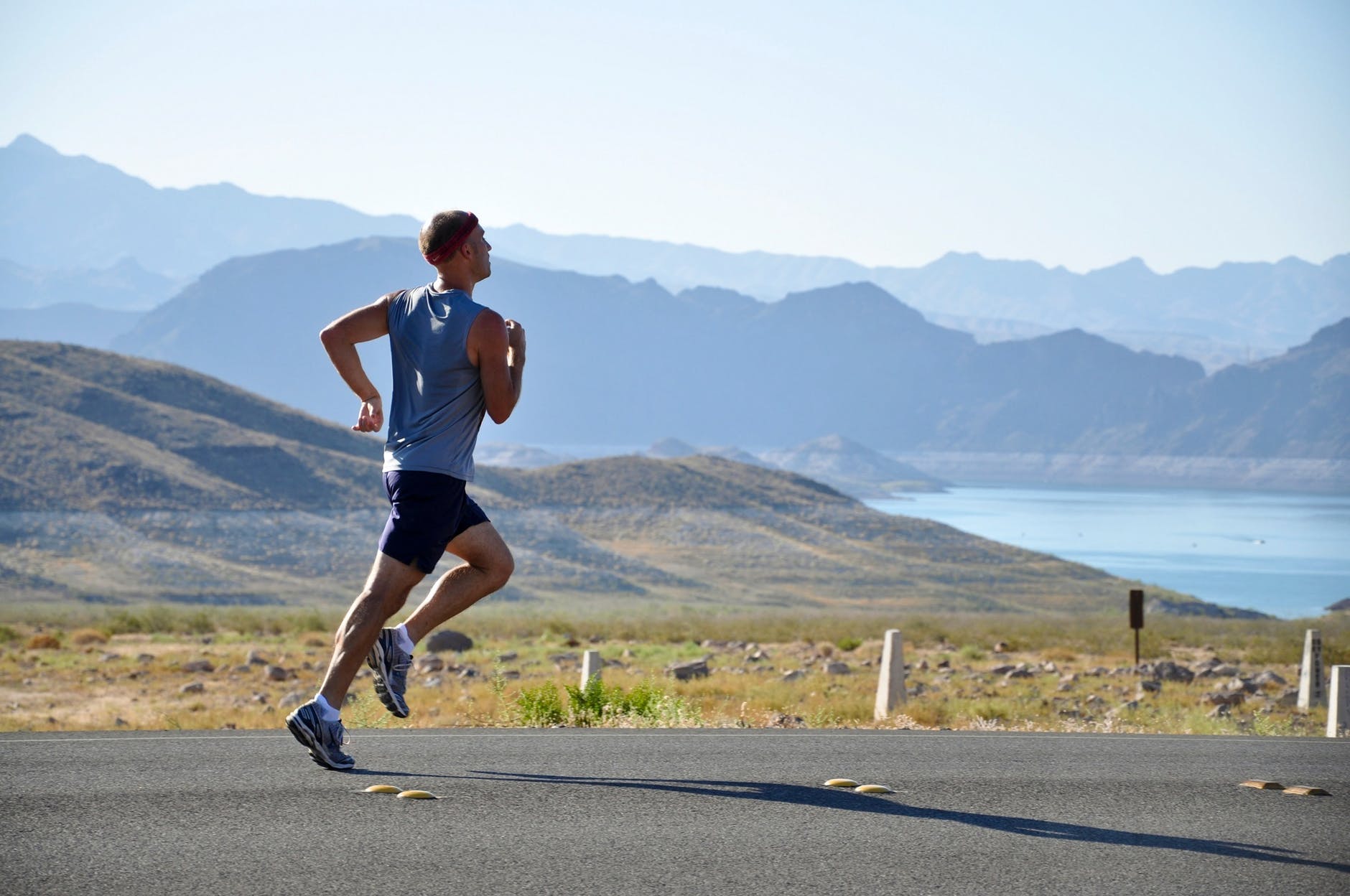As athletes our bodies are under constant pressure. We push them to the limits, growing stronger with each workout. Health, however, is a balancing act. In order to continue progressing, our bodies need plenty of rest to make up for the strain we put them under. For optimal performance, we need to take a look at our sleeping patterns, as sleep has a huge impact on every aspect of life and health.
Insufficient Sleep Weakens Your Immune System
You can’t achieve your athletic goals when you’re fighting off a virus. Getting sick can set your training back significantly. That’s where the recovery part of training comes in. Rest is necessary for a healthy immune system.
We all know that when you have a cold or the flu you’re supposed to get plenty of rest to fight it off. What many people don’t realise, though, is sleep can also help prevent you from getting sick in the first place. When you sleep, your immune system releases cytokines, a type of protein. This protein is needed to keep you healthy and fighting off infections. When we miss out on sleep, fewer cytokines are produced, making us more vulnerable to illness.
Sleep is Vital to Muscle Development
Don’t we all at one time or another wish we could magically wake up healthier, stronger, and more fit than we were when we went to bed? Well, in a way we do.
Lifting weights is a great way to build muscle. After your workout, your muscles are developing and strengthening. They also do that when you sleep. Your body produces large amounts of growth hormone while you’re sleeping. This growth hormone then uses amino acids to help repair your muscles and promote growth. It also keeps your bones healthy, reducing your risk for joint injury. By depriving yourself of sleep, you’re depriving your muscles of natural growth therapy; it’s better than any protein powder.
How To Improve Sleep
Now that we know how important sleep is to keeping you healthy and at your athletic best, let’s talk about how to improve sleep. One simple way to help you fall asleep faster and sleep sounder is to block out the light.
Our lifestyles may have evolved significantly over the last century, but our bodies are slower to catch up. Humans were made to rise and fall with the sun, as a method of survival. Exposure to light while sleeping makes our brains think it is time to wake up.
One investment a lot of night-shifters make is light-blocking shades or curtains to block out the sun. If your room has a lot of artificial light, such as your alarm clock or computer, you could try blocking it out by draping light-blocking curtains around a four-poster bed.
Conclusion
If you take your athletic training seriously, you need to take your sleep seriously as well. Re-evaluate your training schedule and add sleep to that schedule. It’s just as important, if not more so than how many laps you run or pounds you lift.



